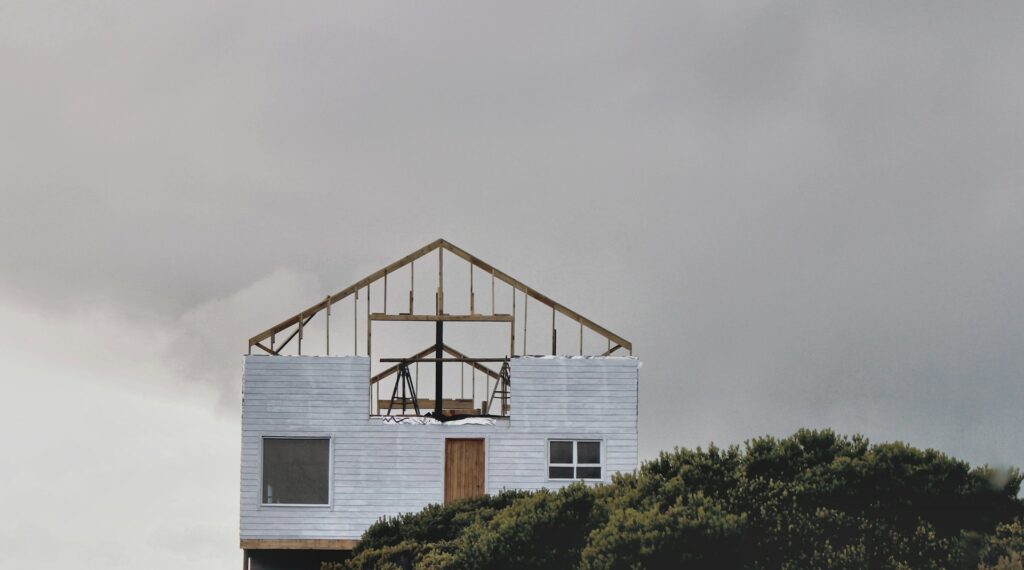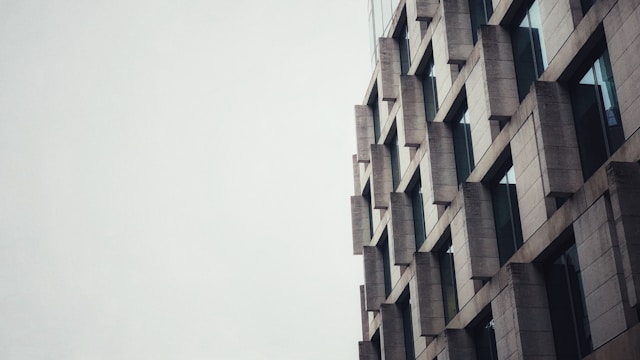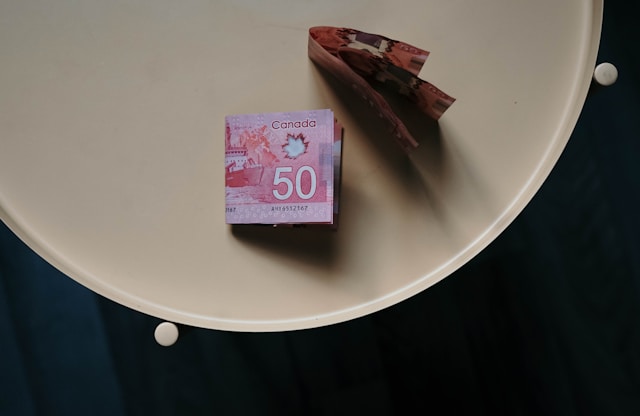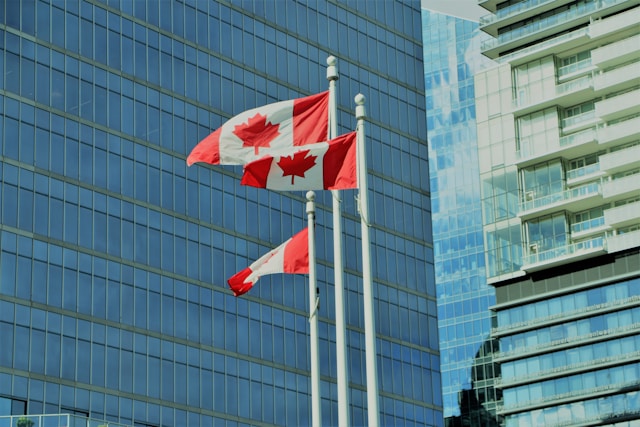As a landlord, one of your primary responsibilities is repairs and maintenance on rental property. This is a must since your tenants can live in a property that is safe and comfortable. Proper repairs and maintenance on a rental property can also help you avoid costly expenses in the future and maintain the value of your property.
In this guide, we will cover everything you need to know about maintenance and repairs on rental properties. Let’s dive in!
What is Considered a Repair on a Rental Property?
A repair on a rental property is any work done to fix or replace a broken or damaged item in the rental property. This can include fixing leaky faucets, repairing broken appliances, or replacing damaged flooring.
Maintenance involves routine and preventative tasks that are done to keep a property in good condition and prevent problems from arising. This can include tasks such as cleaning gutters, changing air filters, and inspecting the property for signs of wear and tear.
The key difference between maintenance and repairs is that maintenance is ongoing and preventative, while repairs are reactive and are done in response to a problem or issue that has already occurred. Both are important for keeping a rental property in good condition and ensuring that it remains attractive to tenants.
If you don’t have enough time to carry out major renovations on a rental property, keep in mind that a good property management company will have systems in place to ensure that both maintenance and repairs are carried out in a timely and efficient manner.
Landlord’s Responsibilities for Repairs and Maintenance
As a landlord, you have certain responsibilities for managing your property. These responsibilities are designed to ensure that your property is safe, healthy, and habitable for your tenants. Here are some of the key things you need to know about your responsibilities for repair and maintenance:
- Keep the property in good repair: Landlords are responsible for keeping their rental property in good condition and in compliance with health, safety, housing, and maintenance standards. This includes repairing any damage caused by normal wear and tear, and ensuring that the property is safe and habitable. You are also responsible for making sure that all essential services are in good working order, such as appliances, heating, electrical, and plumbing systems, walls, carpets, roofs, doors, etc. and common areas such as laundry rooms, pools, parking lots, and more.
- Keep the property clean: It is the responsibility of the landlord to maintain cleanliness in the rental property, including common areas like the halls, elevator, lobby, laundry room, parking lots, pool, and garage. Additionally, the landlord should take necessary measures to control pests such as mice and cockroaches.
- Respond to property maintenance and repair requests in a timely manner: If your tenant reports a problem or issue with the property, such as a leaky faucet or a broken window, you are responsible for responding to the property maintenance request and fixing the problem in a timely manner. The exact time frame for repairs will depend on the nature and urgency of the repair, but in general, you should aim to address any issues as soon as possible.
- Provide notice before entering the property: If you need to enter the rental property to carry out repairs or maintenance, you need to provide 24 hours’ written notice so that the tenant will know the reason and at what time you’ll enter the property.
- Follow health and safety regulations: As a landlord, you are responsible for ensuring that your rental property meets all relevant health and safety regulations. This includes making sure that the property is free from hazards such as mould and that any necessary safety features, such as smoke detectors and carbon monoxide detectors, are in good working order. These standards are defined by municipal bylaws or provincial maintenance standards.
- Keep records of repairs and maintenance: Finally, it is important to keep detailed records of all repairs and maintenance done on your rental property. This can help you to keep track of any recurring issues, identify areas of the property that may require more attention, and demonstrate to your tenants that you take your responsibilities for repair and maintenance seriously.
Property Maintenance Requests by Tenants
It’s important to have a system in place for tenants to report maintenance issues. This can be done through an online portal, email, or phone. As a landlord, it’s your responsibility to respond to maintenance requests in a timely manner. You should respond promptly to urgent issues such as gas leaks or flooding. For less urgent repairs, landlords may have a few days to repair.
If you don’t want to do all these things alone, there are property maintenance and management services that can help you out.
Tenant’s Responsibilities for Repairs and Maintenance
Tenants also have their responsibilities for rental property maintenance:
Cleanliness of the unit
- Tenants are responsible for keeping the rental unit clean and maintaining it up to the normal cleanliness standard.
- The untidiness of the unit is not a reason for eviction but if it is interfering with the reasonable enjoyment of other tenants or landlords, eviction is possible.
- The tenant can also be evicted for putting the safety of other tenants or landlords at risk, such as attracting pests or creating a fire hazard.
Repairing damages caused by them
- Tenants must repair or pay for damages to the rental property that are caused by them, their guests or another person living in the rental unit.
- Damage brought on by regular use is not the responsibility of the tenant.
- Failure to repair or replace the damaged property or pay for it, willful damage to the property or the building, or using the property for non-residential purposes can lead to eviction.
As a landlord, once you notice any damage caused by the tenant, you can do the following:
- Tell the tenant about the issue and ask them to fix them
- If the tenant does nothing, then a landlord can write a notice
- The landlord can then apply to the LTB for an eviction order, a requirement for the tenant to pay for repairs
The tenant has the right to attend a hearing to explain their side of the situation. In preparation for the hearing, the landlord should show three copies of any proof supporting their case, such as photos, correspondence, quotes, and receipts.
FAQs Regarding Repair and Maintenance on Rental Properties
- What is Considered a Repair on a Rental Property?
A repair on a rental property generally refers to fixing something that is broken or not functioning properly.
- Who is responsible for maintenance and repairs in a rental property
In most cases, landlords are responsible for maintaining their rental properties. This includes keeping the property in good repair, ensuring that all systems and appliances are working properly, and addressing any issues that arise during the tenant’s occupancy. But if the damage is caused by a tenant or tenant’s guests, then a tenant is responsible for repairing the property.
- What types of repairs are landlords responsible for?
Landlords are responsible for repairing anything that is necessary to keep the rental property habitable. This includes things like plumbing and electrical systems, heating and cooling systems, and appliances that are included with the property. Landlords are not responsible for repairing damage caused by the tenant’s negligence or intentional acts.
- How quickly should landlords respond to repair requests?
Landlords should respond to urgent repair requests (connected to vital services) within 24 hours, if it’s not urgent, then within 7 days.
- Can landlords enter a rental property for repairs without the tenant’s permission?
In most cases, landlords must obtain the tenant’s permission before entering the rental property for repairs. However, if there is an emergency (such as a fire or flood), the landlord may enter without the tenant’s permission.
- Can landlords charge tenants for repairs?
Landlords cannot charge tenants for repairs that are the landlord’s responsibility. However, if the tenant caused the damage (such as by intentionally breaking a window), the landlord may charge the tenant for the cost of repairs.
- Can landlords require tenants to maintain the property?
Landlords can require tenants to maintain the property in a clean and tidy condition, but they cannot require tenants to make repairs or improvements to the property.
- What happens if a landlord fails to make necessary repairs?
If the landlord fails to make necessary repairs, tenants may be able to take legal action to force the landlord to make the repairs.
- What is the best way to document maintenance and repairs in a rental property?
The best way to document maintenance and repairs in a rental property is to keep accurate records of all maintenance requests, repairs, and expenses. This includes creating a system for tenants to report maintenance issues, keeping a log of all repairs made and the cost of those repairs, and saving all receipts and invoices related to maintenance and repairs. This work can be much easier if a landlord opts for property management services.
- How long can a landlord take to do repairs?
The length of time a landlord has to make repairs depends on the urgency of the repair. For example, if a repair is urgent (such as a gas leak), the landlord should respond immediately. If the repair is less urgent (such as a leaky faucet), the landlord may have a few days to repair it.
- What is the average maintenance cost for a rental property?
The average maintenance cost for a rental property can vary widely depending on the age of the property, the type of property, and the location of the property. As a general rule of thumb, landlords should plan to spend between 1% of the property’s value on maintenance each year. This means that a property valued at $100,000 would require between $1,000-$2,000 in maintenance each year. However, it’s important to keep in mind that unexpected repairs and emergencies can significantly increase the cost of maintenance in any given year.
This was all you needed to know about repair and maintenance on rental properties. Double-check the blog and opt for property management companies to take the task off your hands.





